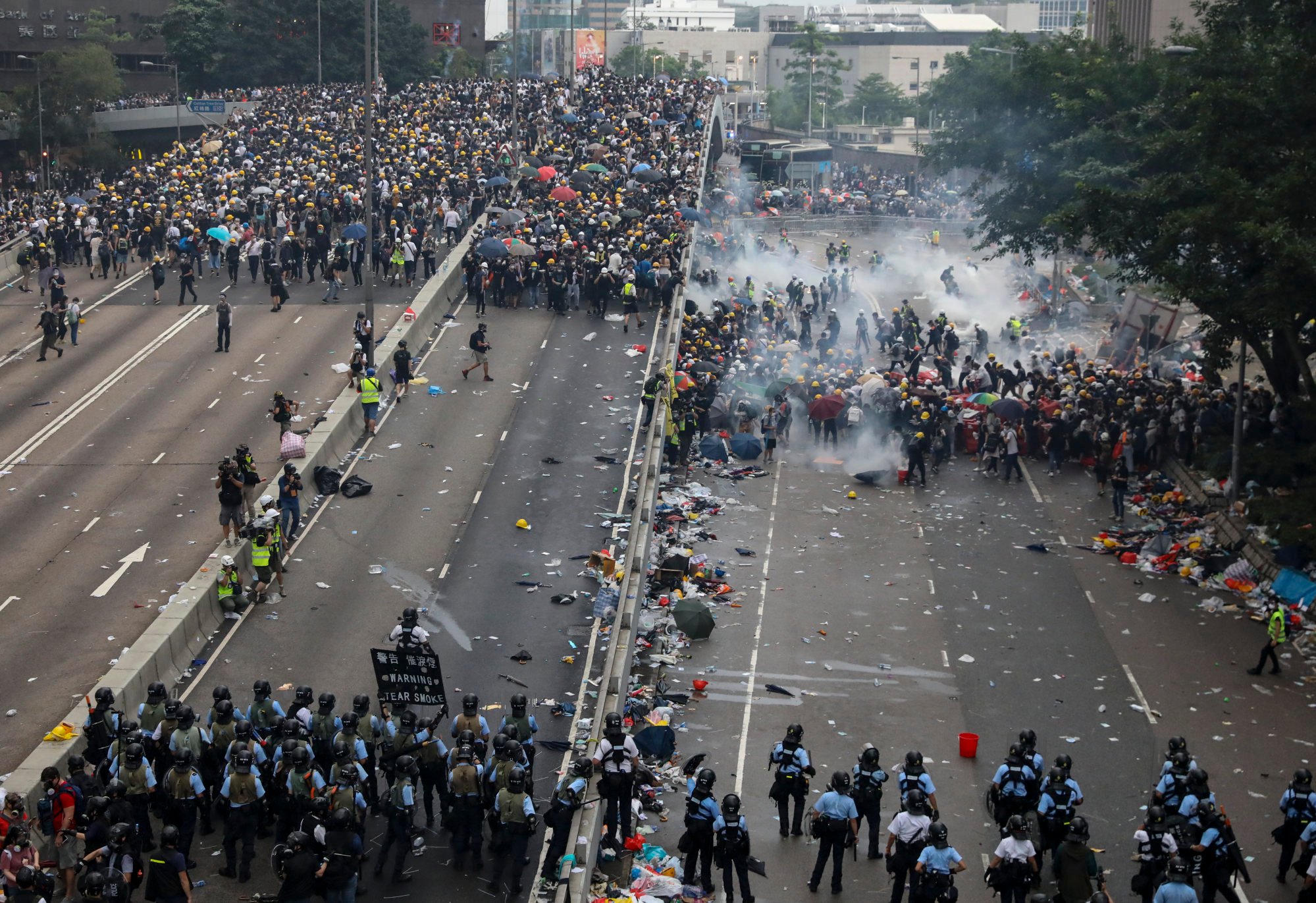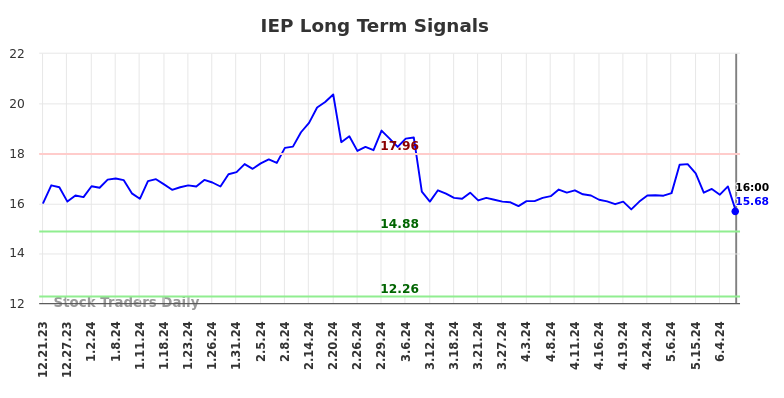Banned protest song “Glory to Hong Kong” reappears on YouTube and two music streaming platforms

“Despite our efforts, we cannot promise that such incidents will not recur for the time being. We will continue to work to restore other albums and ask for your understanding and tolerance.”
A check by The Post on Tuesday morning found that versions of the song that became the unofficial anthem of the 2019 protests were released by Dgxmusic and available on Spotify and KKBox.
A new playlist with 10 versions of the song was uploaded to YouTube by Dgxmusic on Tuesday morning.
The song resurfaced on music streaming platforms on May 29 after being removed worldwide by its previous distributor EmuBands due to a municipal court injunction.
They cited the prohibitive legal costs associated with the appeals court’s injunction restricting the song’s distribution.
In early June, the production team again stated that the song had been removed from music platforms by their new New York-based distributor DistroKid “without explanation.”
On May 8, the Court of Appeal ruled in favor of the government and issued a temporary injunction after the government took the case to court last year.
The court acknowledged that the song had become a “weapon” that could be used to stir up anti-government and separatist sentiments in the city.

The injunction prohibits people from broadcasting, performing, printing, publishing, selling, offering for sale, distributing, circulating, playing or reproducing the song “in any way” if doing so would have the intention of inciting others to secede Hong Kong from the rest of the country, committing a seditious act or insulting the national anthem, March of the Volunteers.
Earlier this month, the U.S. Congressional-Executive Commission on China – a bipartisan body that advises Congress and the President of the United States – called on YouTube and its owner Google to restore 32 videos that had been removed as a result of the injunction.
Justice Minister Paul Lam Ting-kwok told public broadcaster RTHK last week that the injunction applied not only to the 32 removed videos, but to the entire song.
“Even if the melody has been rearranged, it is not allowed if the song essentially reminds people of ‘Glory to Hong Kong,'” he said.
“Don’t think you can escape an injunction by changing a single line or a single melody.”
The song has been mistakenly played at several major sporting events in recent years instead of the Chinese national anthem, “March of the Volunteers”.
The Post has contacted the production team, distributors and YouTube for comment.



